Photographs: Reuters Arvind Subramanian
Arvind Subramanian argues that the finance minister must focus on fiscal consolidation to restore the economy.
Dear Mr Chidambaram,
Congratulations on ensuring that 2012 was merely bad rather than disastrous.
That was no minor achievement because India was teetering on the edge of macroeconomic instability.
By taking serious actions -- modestly addressing subsidies, liberalising foreign direct investment, creating a framework for expediting investments, and reforming banking -- you have even created a buzz and opened up possibilities that could make 2013 your year with enormous consequences for the country in the election year of 2014.
. . .
Mr FM, this is what you should do in 2013!
Image: P Chidambaram.Photographs: Reuters
Keynes famously invoked Paul Valery to distinguish matters of importance from matters of urgency.
Your challenge is also to distinguish what you can and must achieve and what you cannot.
You cannot easily get India back to its earlier and high-growth trajectory because you do not control the levers (nor does anyone else) that affect long-run growth.
But you can affect India's macroeconomic situation, which continues to be dire. How dire?
. . .
It appeared that you had successfully made the case that the lack of reform in general and fiscal populism in particular were not just bad for the country, but that they could prove to be an electoral liability for the Congress party.
Following through with a credible Budget – which definitively repudiates the old assumptions -- can be a game-changer for Indian reforms, the Indian economy and, above all, Indian politics.
With such measures and with the Gandhis recognising that their mystique derives from renouncing overt power, who knows what 2014 and beyond can hold for India -- and even for you, Mr Minister.
Sincerely, etc.
The writer is senior fellow at the Peterson institute for International Economics and the Centre for Global Development
Mr FM, this is what you should do in 2013!
Looking at the numbers, India could easily be mistaken for a Latin American country of two decades ago rather than an Asian country of today.
In macroeconomic terms, nearly every major Asian country runs a current account surplus, has its debt and deficits at a prudent level, and eschews high inflation.
In contrast, India has a high and rising current account deficit rather than a surplus; fiscal deficits far exceed anything close to prudent; and the inflation numbers have exposed India as an embarrassing outlier among emerging market countries.
Moreover, at a time of slowing growth, economies normally respond by curtailing imports and posting improvements in the current account.
. . .
Mr FM, this is what you should do in 2013!
Image: P Chidambaram.Photographs: Reuters
In India, decelerating growth and incomes have been accompanied by soaring gold imports and deteriorating external imbalances.
One cannot help but infer that gold purchases signal a loss of confidence in the economy; or, put differently, that consumers and savers are responding to high inflation and financial repression (namely, negative returns on financial assets) by storing wealth and savings in a form that they believe offers better returns.
Mr Minister, at the risk of being reductive, one can say that all the current macroeconomic pathologies and some bad policy choices that India is making can be traced to one source: the out-of-control fiscal situation.
. . .
Mr FM, this is what you should do in 2013!
Image: Reserve Bank of India.Photographs: Reuters
The fiscal deficit and various measures to boost rural incomes have exacerbated inflationary pressures.
Directly and indirectly, deficits have led to higher imports and limited exports by preventing the economy from becoming more competitive.
High deficits have also meant that the government appropriates a large chunk of private sector savings (via the statutory liquidity ratio imposed on banks), limiting resources for private investment.
. . .
Mr FM, this is what you should do in 2013!
And in order to compensate for that distortion and expand the resource envelope for the private sector, the government has opened the economy further to foreign flows of capital, a bad policy that increases the vulnerability of the economy.
An aside, Mr Minister: it is truly astonishing that at a time of high inflation and barely positive real interest rates all the expectation is for the Reserve Bank of India to cut interest rates next month.
You, Mr Minister, have of course contributed to this in conveying publicly your desire to see lower interest rates.
You feel that you and the government have done your bit for growth and now it is time for the RBI to contribute its share.
. . .
Mr FM, this is what you should do in 2013!
Photographs: Reuters
But the government has not done enough -- in fact barely anything -- towards reducing the inflationary pressures; nor, indeed, towards addressing the broader macroeconomic balances in the economy.
Instead of blaming the RBI for not doing enough for the economy, the government should be secretly thanking the RBI for doing too much for it.
How so?
The fiscal deficit-binge of close to 10 per cent of gross domestic product for the last four years should have led to soaring levels of debt and exposed the unsustainability of this government's policies.
Instead, debt levels have actually come down because the RBI has been lax as an inflation fighter.
The RBI's failure has been your 'success'.
. . .
Mr FM, this is what you should do in 2013!
Image: P Chidambaram.Photographs: Reuters
Had the RBI been true to its mandate, India's debt-to-GDP ratio could have been about 15 to 20 percentage points greater than it is.
The point is, Mr Minister, that you should not get distracted from the fact that the keys to addressing India's precarious macroeconomic situation are with the government and not with the RBI (or anyone else).
The recent flurry of reformist measures is overdue, but they have focused more on the important than the urgent, on the necessary rather than the critical.
Beyond the modest measures that you announced to reduce the diesel subsidy, there has been very little movement on addressing the fiscal deficit.
This must be your highest priority.
Achieving the 5.3 per cent deficit target this year without gimmicks (which only serve to aggravate future problems) is important, but the litmus test is the forthcoming Budget.
. . .
Mr FM, this is what you should do in 2013!
Photographs: Reuters
It must contain measures along the lines spelt out in Vijay Kelkar's report to you.
Two of the most important of these would be to reduce subsidies (especially on diesel and fertilisers) and to pass the Constitutional Amendment Bill to implement the goods and services tax.
Neither of these will reduce the deficit immediately and their implementation will require a lot of political skill, but they -- and they alone -- will place India on the path of fiscal consolidation that has proved elusive for so long.
Mr Minister, the reason for the outbreak of hope this year was not just that this government had started implementing reform measures.
Hope stemmed more from the perception that you had managed to shift the mindset of the powers that be.
. . .
Mr FM, this is what you should do in 2013!
Photographs: Reuters
It appeared that you had successfully made the case that the lack of reform in general and fiscal populism in particular were not just bad for the country, but that they could prove to be an electoral liability for the Congress party.
Following through with a credible Budget – which definitively repudiates the old assumptions -- can be a game-changer for Indian reforms, the Indian economy and, above all, Indian politics.
With such measures and with the Gandhis recognising that their mystique derives from renouncing overt power, who knows what 2014 and beyond can hold for India -- and even for you, Mr Minister.
Sincerely, etc.
The writer is senior fellow at the Peterson institute for International Economics and the Centre for Global Development

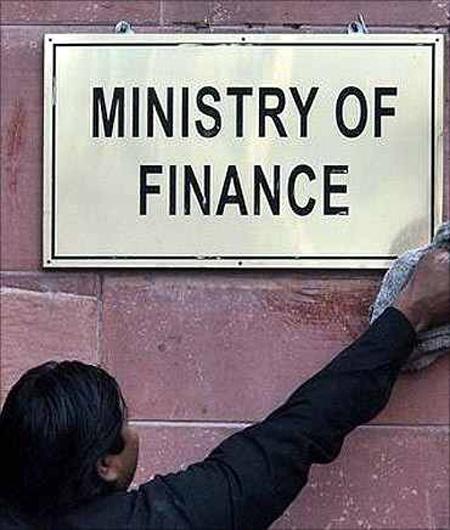
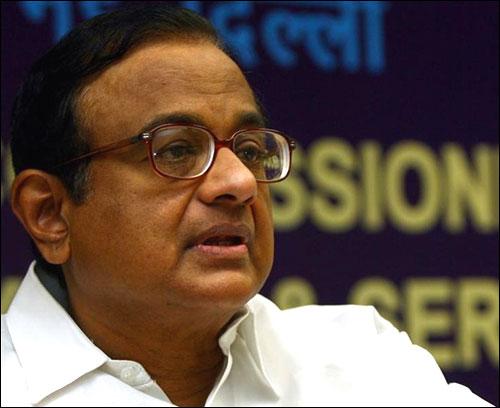
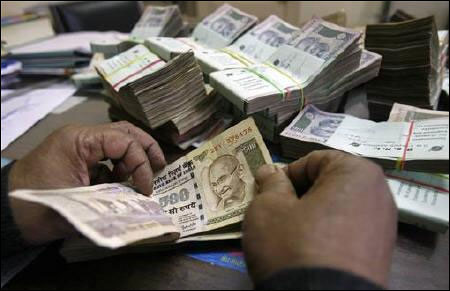
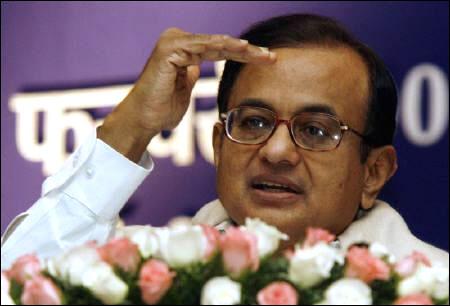
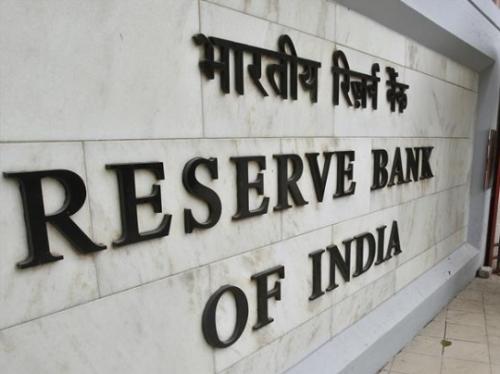

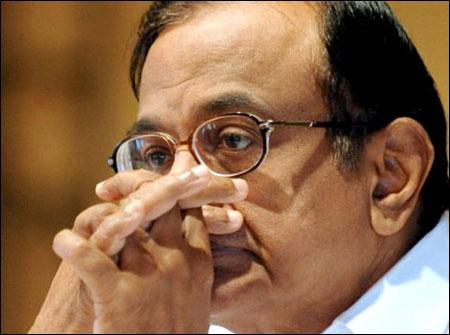



article